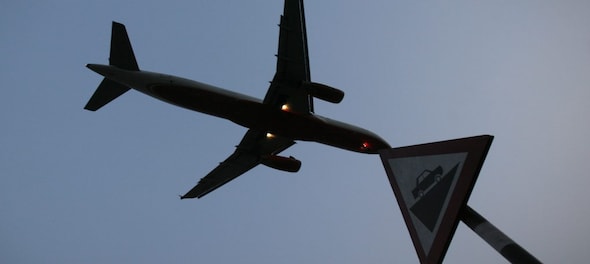
By 1991, taking a domestic flight In India was akin to a root canal treatment. Eventually, you got there, but every inch of the way was painful.
Recognizing this, in 1991, the government floated an ambitious Open Skies Policy but full-scale privatisation of the sector wasn't yet a possibility. Instead, in a typically Indian workaround to allow the private sector into the business, it gave licenses to a few companies to operate "air taxis". This required a modification to the Air Corporations Act of 1953 which had brought an end to an earlier era when eight private airlines were rolled into the state-owned Air India and Indian Airlines to create two state-owned monopolies.
Among the first to grab the opportunity were Thakiyudeen Abdul Wahid who set up East-West Airlines and Pervez Damania, who started Damania Airways Both were unlikely airline pioneers.Wahid who ran a travel agency in Mumbai and Damania, a poultry farmer from Karjat, had no experience of running or working in the sector.
Given the complexity of the business and the scale needed to make it work one would have thought only the big business families would venture into it. But barring S.K. Modi who started Modiluft, most others stayed away.
Eventually, Damania was the first to take to the skies. He ran a gold-plated airline offering terrific on-board service including specially curated meals and beer, a first on domestic flights. However, a brawl between two drunk passengers on a Mumbai-Goa flight put paid to drinking on domestic Indian flights.
These early starters were soon joined by others including Jet Airways which would be the only one to survive the first purge when it came just a few years later.
By then Damania, Jet and Modiluft had redefined the flying experience with their superior on-board service, their on-time schedules and their smart young crew. Suddenly flying was no longer the dreaded ordeal it had become.
Eventually, the model of a full-service domestic airline with all the bells and whistles usually reserved only for international travel that Damania and Modiluft tried, ended in failure. Led by Indigo a new breed of airlines would go on to show that tight cost controls, rapid fleet turnaround and on-time schedules were the keys to success in the business. But the first generation of post-liberalization airlines gave Indians a taste of flying-as-fun. It was one they wouldn’t forget, even when the frills were taken away.
By 1994 these air taxi operators were ferrying over 30 lakh passengers every year and the stage was set for full privatization of the sector. That year the Air Corporations (Transfer of Undertaking & Repeals) Act was legislated, finally ending the four-decades-old monopoly of the two state-owned airlines. Air taxi operators could now operate as legitimate airlines.
Sadly by then most of them were facing rough weather. Damania sold off his 6-plane fleet in 1995 to the Chennai-based Khemka-owned NEPC group, promoters of the Skyline NEPC airline. That though didn't end his involvement with the sector. He went on to play a key role in the setting up of Air Sahara and was later an executive director with Kingfisher Airlines
ModiLuft, too, shut down in 1996 after differences with its partner Lufthansa and was later bought by Ajay Singh, who launched it as SpiceJet in 2005 along with NRI businessman Bhulo Kansagra. Wahid was tragically shot dead outside his office in 1995 and a year later East-West too folded.
Author's note:
Sundeep Khanna is a former editor and the co-author of the recently released Azim Premji: The Man Beyond the Billions.
(Edited by : Aditi Gautam)
First Published: May 31, 2021 7:58 AM IST
Check out our in-depth Market Coverage, Business News & get real-time Stock Market Updates on CNBC-TV18. Also, Watch our channels CNBC-TV18, CNBC Awaaz and CNBC Bajar Live on-the-go!


Andhra Pradesh Lok Sabha elections: A look at YSRCP candidates
Apr 25, 2024 6:54 PM
Lok Sabha elections 2024: Banks and schools to remain closed in these cities for phase 2 voting
Apr 25, 2024 5:33 PM
Andhra Pradesh Lok Sabha elections: Seats, schedule, NDA candidates and more
Apr 25, 2024 5:16 PM

